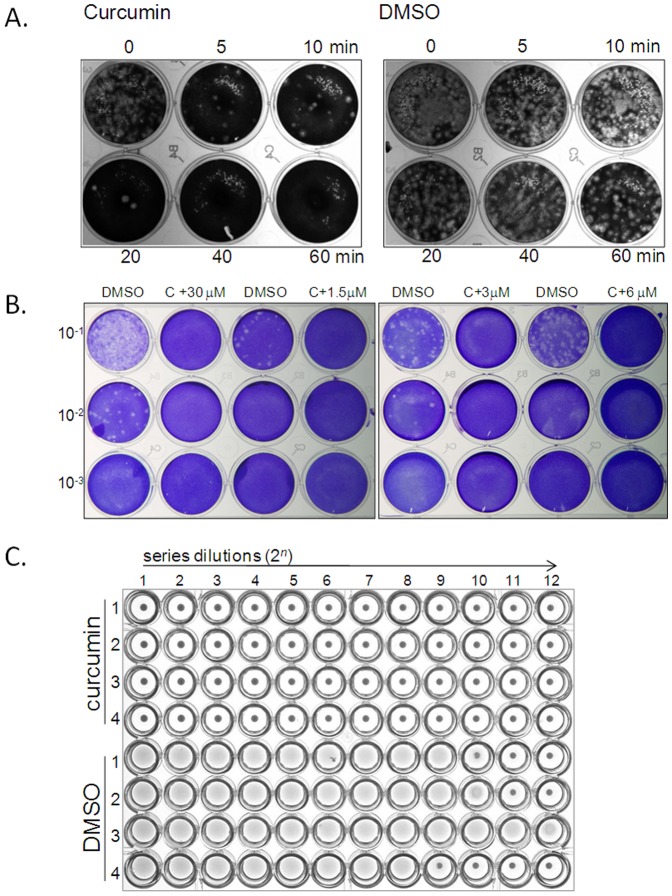Figure 5. Effect of curcumin on inhibition of viral plaque formation and infectivity is irreversible.
A time course treatment was conducted to determine the time required for plaque reduction (A). Influenza virus (50 pfu) was mixed with curcumin (30 µM) or DMSO (solvent control). At different periods of times, i.e. 0, 5, 10, 20, 40, 60 min of incubation, the virus-test drug mixtures were added to cells followed by standard plaque assay. To evaluate whether curcumin-induced inhibition of viral plaque formation can be restored, one hour after curcumin (30 µM) treatment, the influenza virus (2000 pfu of PR8) and curcumin mixture was subsequently diluted to final concentrations of curcumin at 6 µM, 3 µM, and 1.5 µM, followed by standard plaque assay (B). To test whether the curcumin-induced loss of virus infectivity is irreversible, 50 pfu of PR8 viruses were incubated with 30 µM of curcumin or DMSO in a total volume of 500 µl infectious medium. One hour after incubation, inoculums were injected into the allantoic sac of 4 embryonated hen’s eggs. Treated eggs were incubated in 37°C incubator for 18 hours, the yield of virus progeny was determined by HA test (C). Consistent results were observed from at least three independent experiments.

